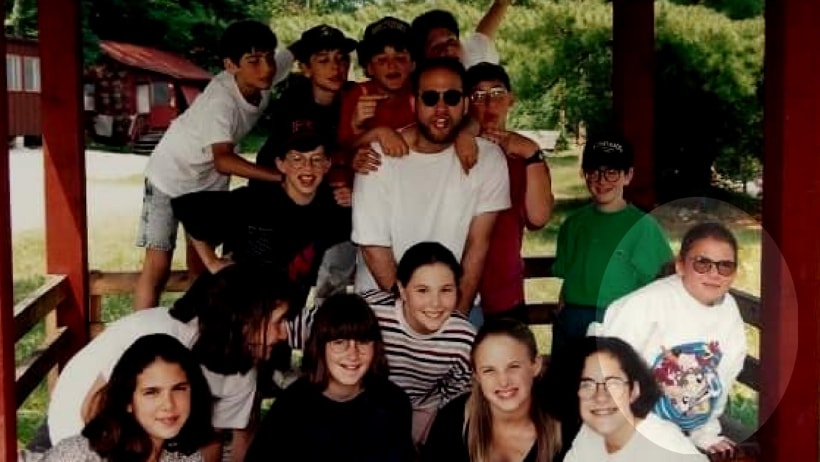Last year PBS aired a special program about astronaut Scott Kelly’s homecoming and readjustment to life on Earth after living on the International Space Station for 11 months. Segments included discussions of what’s next in space travel, including theoretical travel to Mars, and the tests conducted to track changes between Kelly and his twin brother Mark, who remained on Earth as the control part of the experiment. One of the most compelling clips was of Kelly learning to walk again after spending nearly a year in zero gravity.

While I can’t imagine that degree of readjustment, I can distinctly recall the culture shock of reentering society every summer when I’d come home from camp. It would take a few days to settle in to sleeping in a quiet room by myself and being responsible for my own food choices again. Even the loud blare of the TV after a few weeks without it was difficult to readjust to. When I came back from my year in Israel, I remember thinking that the fat 2-liter bottles of pop (yes, pop) we have in America were so funny looking compared to the slender 1.5-liter bottles they had in Israel. Each time I tried to reenter society, I would need a few days, possibly even a week, to decompress and wrap my head around the change in environment.
I realize there’s quite a chasm between astronaut Scott Kelly’s readjustment and my own, but it turns out that the whole notion of taking time to rest before reentering society after a life-changing experience is as old as the Torah itself. This week we read the final sections of text from the fourth book of the Torah, Bamidbar. Parshiyot Matot and Masei begin with the discussion of the different vows Israelites might make, and then they detail the requests of the various tribes as they get ready to enter the Promised Land. The chapters end with the final placements of all the tribes as they prepare to divide their land inheritance.
In chapter 31, verse 19 we read of the Israelites coming back from a war of vengeance. The warriors who have engaged in battle and caused death are not allowed to come back into the camp for a week’s time. This behavior was beyond what was (and is) generally acceptable for members of our society, but was permitted during times of war. Because of this, the soldiers are permitted to reenter society, but only after they have taken that one week away, outside of camp. This was done both for sanitary reasons of corpse contamination and as an emotional transition back to the world of normal living.
Included in these parshiyot is the reminder that transitions, whether in and out of major life events or just returning from a summer away, require an adjustment period. Life can be pretty challenging at times, and you owe it to yourself to take time to regroup before returning to the demands of daily life.



